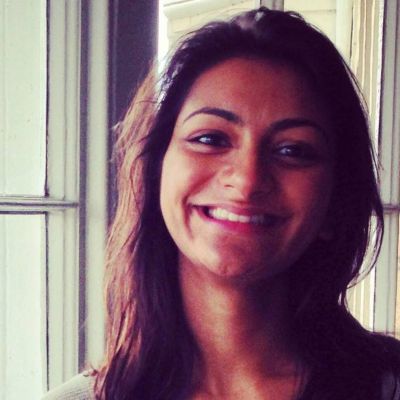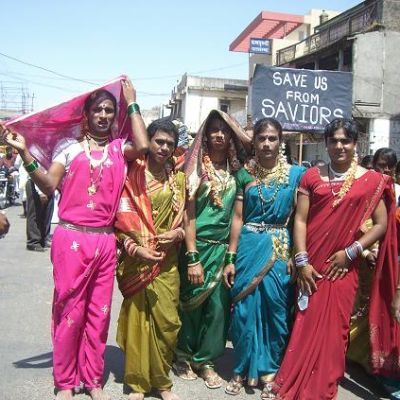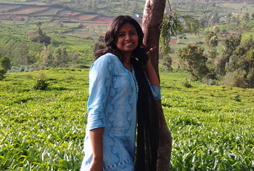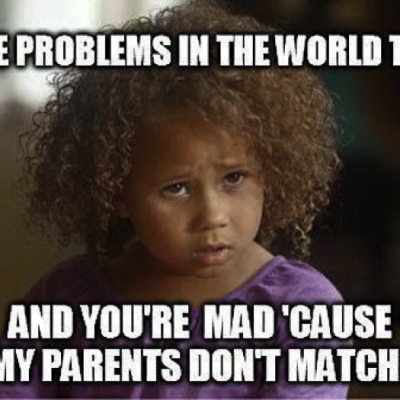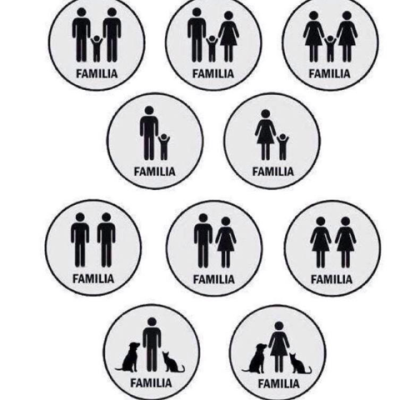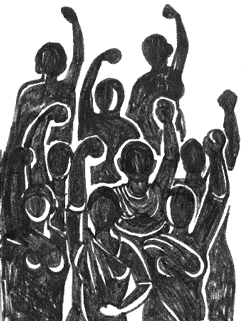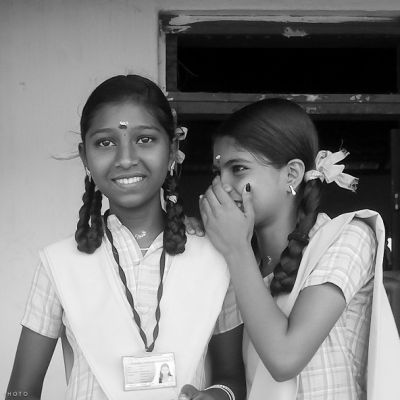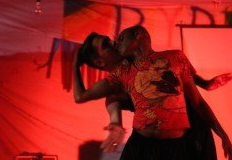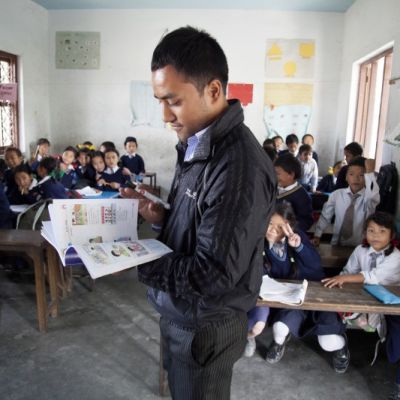The I Column
A lot of research concludes that globally, young people aren’t learning enough about sexuality, and that they would like to…
A lot of research concludes that globally, young people aren’t learning enough about sexuality, and that they would like to…
अनीता जो महाराष्ट्र में एक देवदासी हैं, के इस आत्म कथ्य से पता चलता है कि सहमति और हिंसा के मुद्दे हमेशा स्पष्ट और सीधे रूप में सामने नहीं आते। अनीता का कथ्य बताता है कि जीवन की कई परिस्थितियों में वो अपना रास्ता खुद मर्ज़ी अनुसार चुन पाई हैं ।
पारंपरिक जेन्डर भूमिकाओं ने हमेशा ही खेलों के स्वरूप को प्रभावित किया है। यह सच है कि एक ऐसी जगह में, जो विशेष रूप से पुरुषों के लिए ही बनी थी, धीरे धीरे महिलाओं के लिए स्वीकार्यता आई है, लेकिन इस स्वीकार्यता ने औरतों को स्वतंत्र रूप से ख़ुद को स्थापित करने के लिए बहुत कम जगह दी है।
Both of us, have recently, decided to get married and will be in a marriage that I like to call a subversive marriage. Subversive marriages are based on an uncompromising equality and negotiations that serve for the betterment of both the partners.
In this month’s issue of Play and Sexuality, Wesley D’Souza recounts the time his school put up a production of The Pied Piper of Hamelin, his preparations for its audition, and how the process was intertwined with an exploration and acceptance of his sexuality.
What I am proposing here is to look at being in a relationship and being single together because what is important here is the idea of ‘be-ing’ as opposed to the stereotypes and perceptions attached to our relationship with ‘the One’ or to singlehood.
My discovery of erotic poems was, as they put it, ‘by chance’. A friend of mine had suggested a book…
I love children and have at various times in my life flirted with the idea of adoption. But I have known since I was a child that I did not want to birth children. I have never been vague or ambivalent about this decision. I have been consistently clear and concise that this is not my calling.
It’s that time of the year again. Those 31 days during which we, the 49%, have a chance to be…
All these works have made me acutely aware of how gender, sexuality, and religion, are so deeply intertwined in the social fabric. Also, how conditioning can significantly influence one’s understanding of literature, or the lack of it.
I personally feel that any cause, specially one like kink that is in its nascent stages, needs its own space to grow, to affect enough people, before it merges with the larger cause of queerness, or sexuality, or even humanity.
This post is part of TARSHI’s #TalkSexuality campaign on Comprehensive Sexuality Education in collaboration with Youth Ki Awaaz. The author chose to remain anonymous. Menstruation was…
I just celebrated my twenty years in India last October and designed a performance for the occasion: ‘What is dance?’…
There has been so much discourse about sex and sexuality education all over the world that I perhaps may not…

